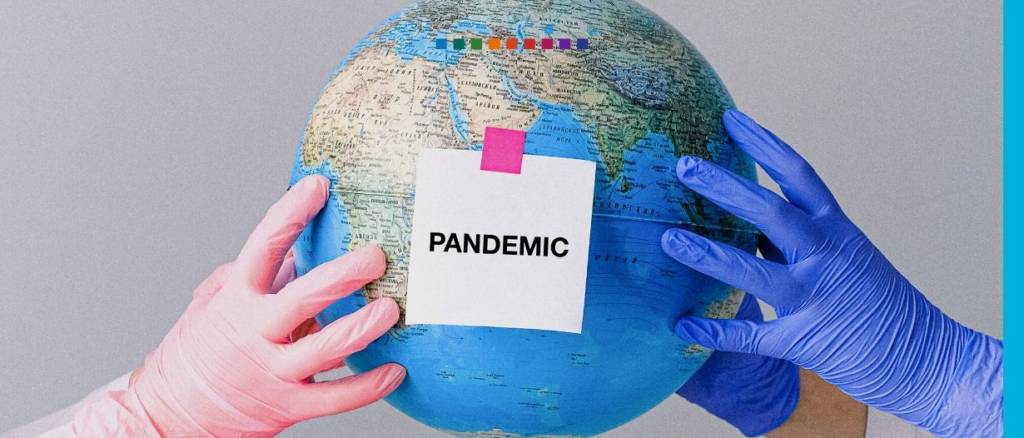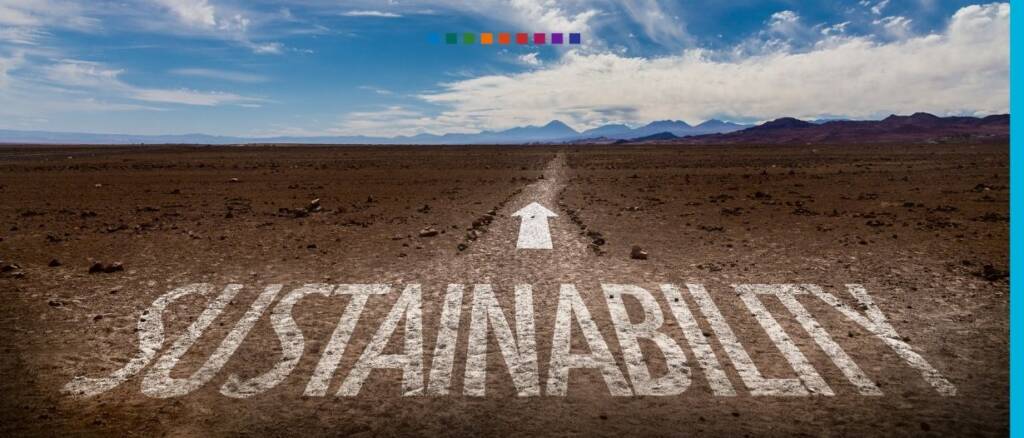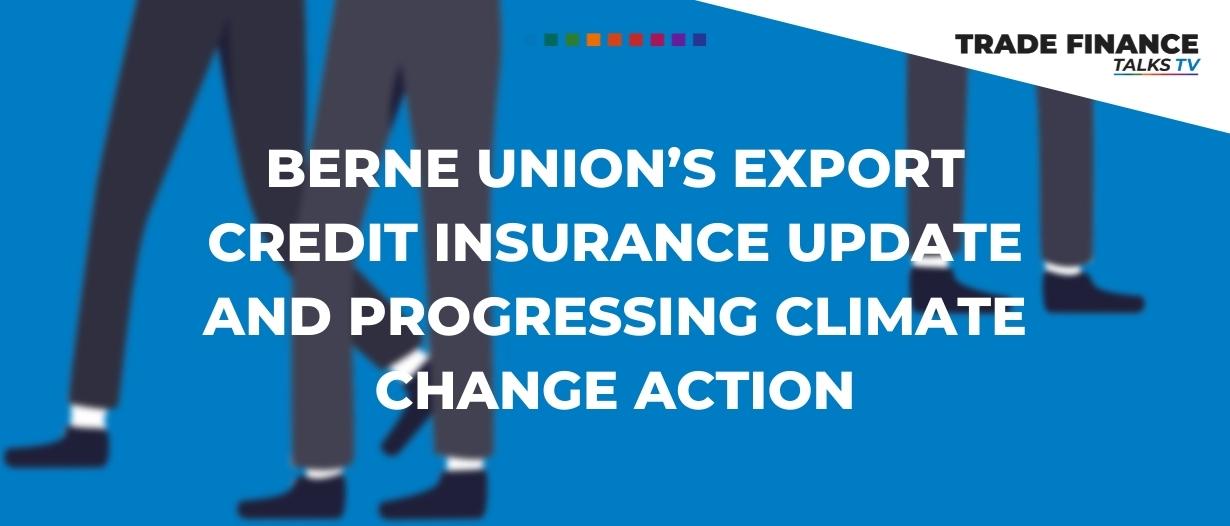TFG spoke to the acting head of the Berne Union to find out what he believes they can do to affect wider issues like climate change at ExCred International.
Paul Heaney is Acting Secretary General of the Berne Union, the international association for export credit and investment insurance.
The Berne Union currently represents 83 members, including ECAs, multilateral institutions and all major players in the private credit and political risk insurance market.
The role of the union is to facilitate dialogue, information transfer, and to highlight best practices across issues affecting the industry, including climate change.

Addressing climate change
“Climate is top of everyone’s agenda,” Heaney said.
“It’s something that everyone’s talking about and by now it is firmly established as an important part of the strategy of all our members as well as other institutions across the wider trade, finance industry.
“Right now, the degree to which climate considerations have been implemented practically in the business of these institutions varies considerably, but we feel that as the industry association, we have an important role to play in supporting all institutions to advance in this.”
The BU frames its contribution to this in two main areas:
- The Berne Union formed a Climate Working Group at the start of 2022 that aims to bring together a multidisciplinary group of experts in the areas of climate and sustainability, risk underwriting, and policy.
The goal of the group is to identify some of the positive actions that leading institutions are currently taking in the sphere of climate, and share these with the rest of the industry through education initiatives like explainer videos and webinars.
This helps foster greater awareness of ‘best practice’ and moves the whole industry forward with regard to sustainability goals.
- As the only multilateral forum for the export credit insurance industry, the Berne Union believes it is well placed to bring together all the major players in an open dialogue which can contribute to reform of the overarching policy framework which can enable export credit agencies to meet the climate objectives of their respective governments.
Although the BU itself is not a standard setting body, the hope is that this kind of dialogue can deliver a constructive sounding board which will facilitate change through organisations such as the Organisation for Economic Co-operation and Development (OECD) and beyond.

Aiding the pandemic recovery
The BU has been tracking the pandemic recovery through its data and has observed an uneven return to medium and long-term investment during last year’s rebound with a skew towards developed markets.
The export credit insurance industry is demand-driven, and this limits the degree to which BU members can directly affect the distribution of financial flows. However, ECAs have increasingly become more proactive about their origination strategies, and especially since the pandemic, many have broader mandates and many governments are beginning to embrace export credit agencies as part of their toolkit to help promote broader economic recovery.
“Climate is a big part of this too, and I think for many developed countries, promoting exports of clean tech and other climate-related products and services is an area where governments see big opportunities for growth,” Heaney said.
“These can indirectly help to combat some of the negative effects of the pandemic and the challenging economic environment that it has contributed to creating.”

Balancing energy security with decarbonisation objectives
In this regard, there is a need to balance energy security with decarbonisation objectives, given the economic disparities between countries across the world.
Here, developed countries have a huge role to play in terms of making sustainable investments, as well as facilitating the transfer of knowledge and green technologies across the ‘access barrier’, in order to speed up the ‘greening’ of the trade and finance industries as a whole.
For example, raising the finance to develop infrastructure that could support greater green energy investment across Africa requires more than the investment of one company or industry – it needs a global approach.
To this end, the Berne Union set up a Sub-Saharan Africa Working Group in 2021 to increase information exchange on economic and political challenges, business opportunities, and risk mitigation on the African continent in a bid to enhance trade within the region.

Partnerships and collaboration to drive change
However, in order to make any real impact, there is a need for partnership and engagement with a wider set of stakeholders – not just export credit agencies or private insurers, but also development banks and other bigger players across some developing markets.
In this sense, the Berne Union – and professional organisational like it – have the potential to affect change beyond the boundaries of a single industry or business area.
“The role that we can play is in helping facilitate a broader dialogue around macro topics such as climate, which can ultimately, translate into tangible progress both among our members and the wider ecosystem of international finance.” Heaney said.
Perhaps other professional member associations might want to take a leaf out of the Berne Union’s playbook?
After all, as the Dalai Lama once said: “If you think you are too small to make a difference, try sleeping with a mosquito.”
Read the latest issue of Trade Finance Talks, July 2022


































